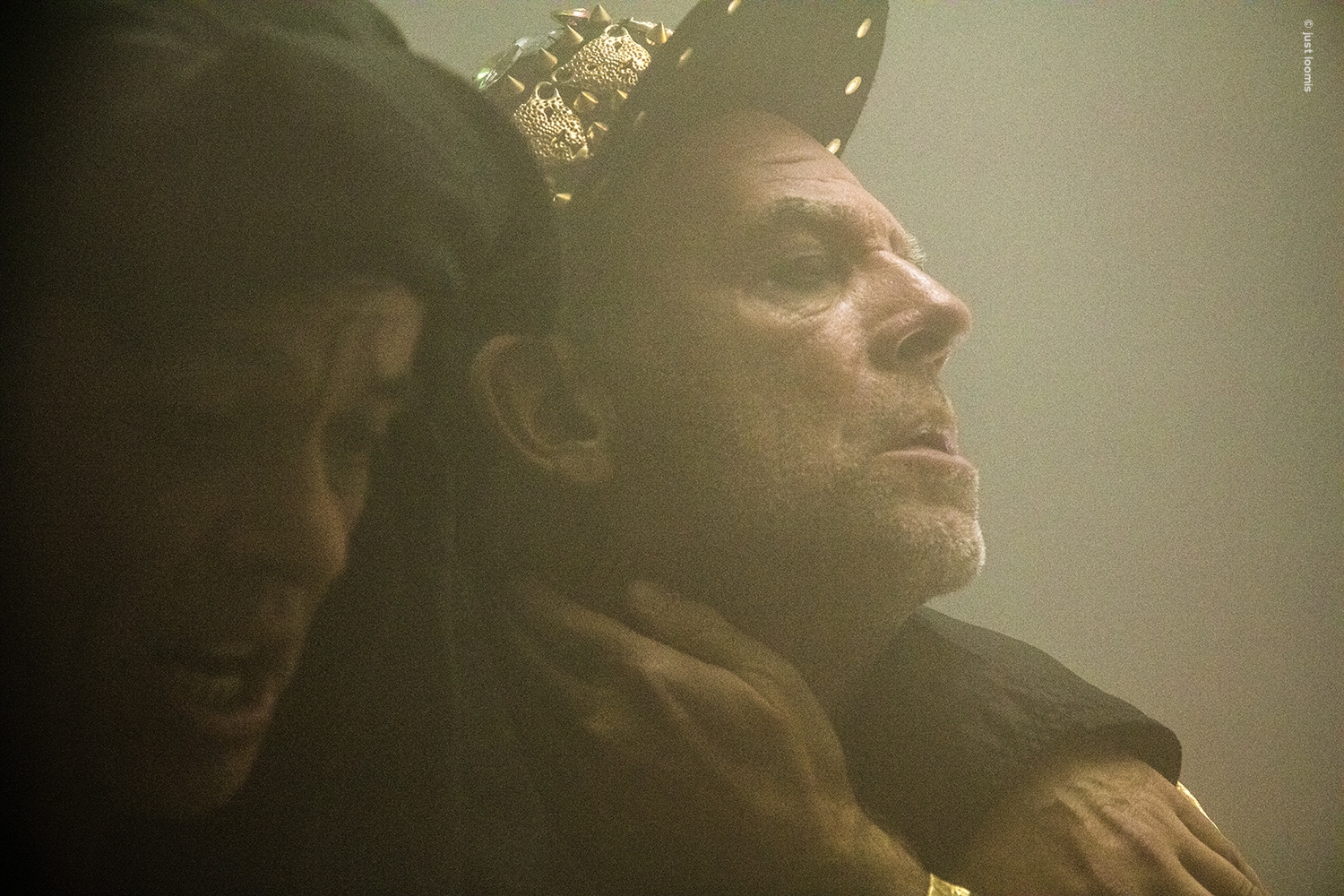


Was it an industrial wasteland in the Ruhr area or isn`t this film set with trailerpark rather something like Cinecittà near Rome? What is history and to what extent is it related to bodies? Do they just enter a history or is it them, which is history? The second part of the Ruhrtrilogie is relocated from the Mühlheim openairSpielort to the Prater stage in a version between film and liveScenes.
“In an image of history, which is always told as our history, no shape of our being shows, I always assumed it, that history has got nothing to do with me. And that is Darwin. The realisation, that history has got nothing to do with me. Where I am from, Darwin can explain to me, but not history. Not Germany in the year zero. And just how Rosselini wants it, no child learns the joy of living from the outcome of history either. The joy of living is the result uf strategically open power constellations and not the fathers, not the mothers. Where I am from, that doesn’t mean anything, when I see how my mother changes her essentiality in dying, I see her discontinually, randomly becoming something eles. This is death and this is the black market. T h i s is the accomplishment, disposing of some bathroom scales. That is not history, that is not death, that is the body here and now. And the here and now must never be understood sentimentally.” (René Pollesch)
In coproduction with the Ringlokschuppen Mühlheim an der Ruhr, the Rotterdamse Schouwburg and the European Capital of Culture RUHR.2010 in cooperation with the theatre office of the Kulturbetrieb Mühlheim an der Ruhr. Sponsored by the Kunststiftung NRW, the Dutch Ministry of Foreign Affairs, Theater Instituut Nederland and the SMW GmbH.
With: Inga Busch, Christine Groß, Martin Laberenz, Trystan Pütter and Catrin Striebeck
Director: René Pollesch
Stage Designer: Bert Neumann
Costumes: Nina von Mechow
Video: Ute Schall
Dramaturgy: Aenne Quiñones